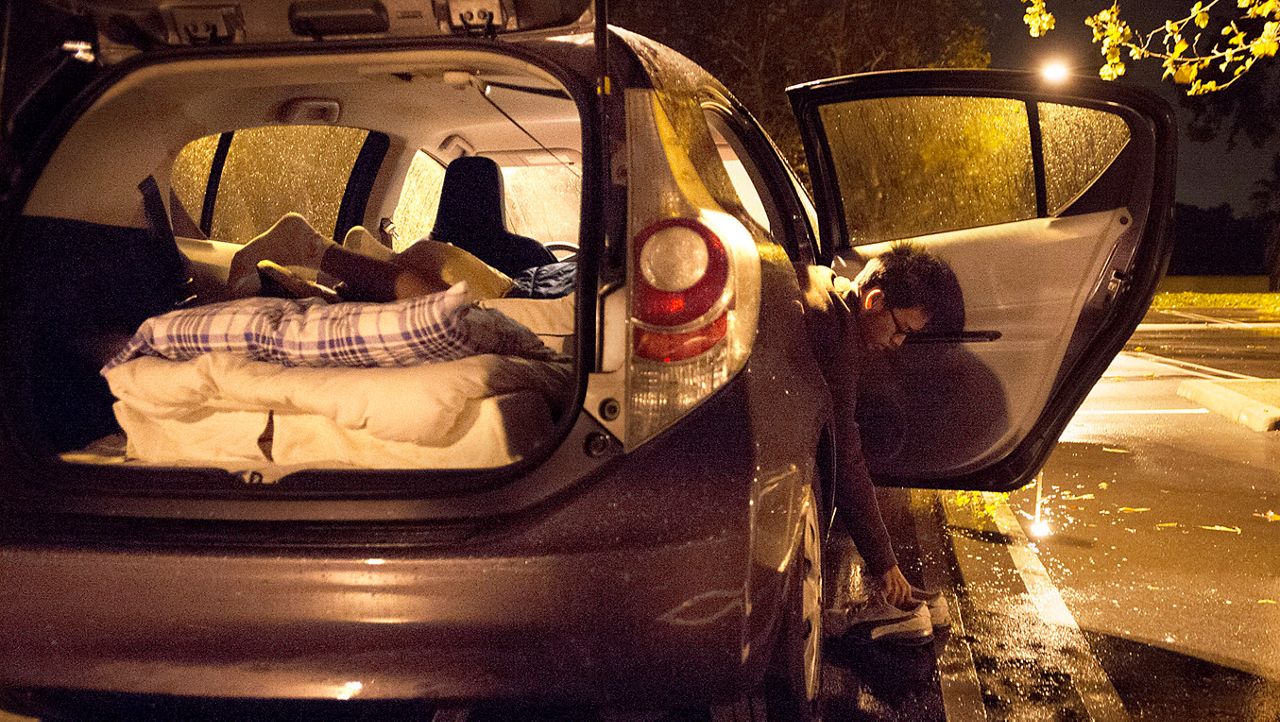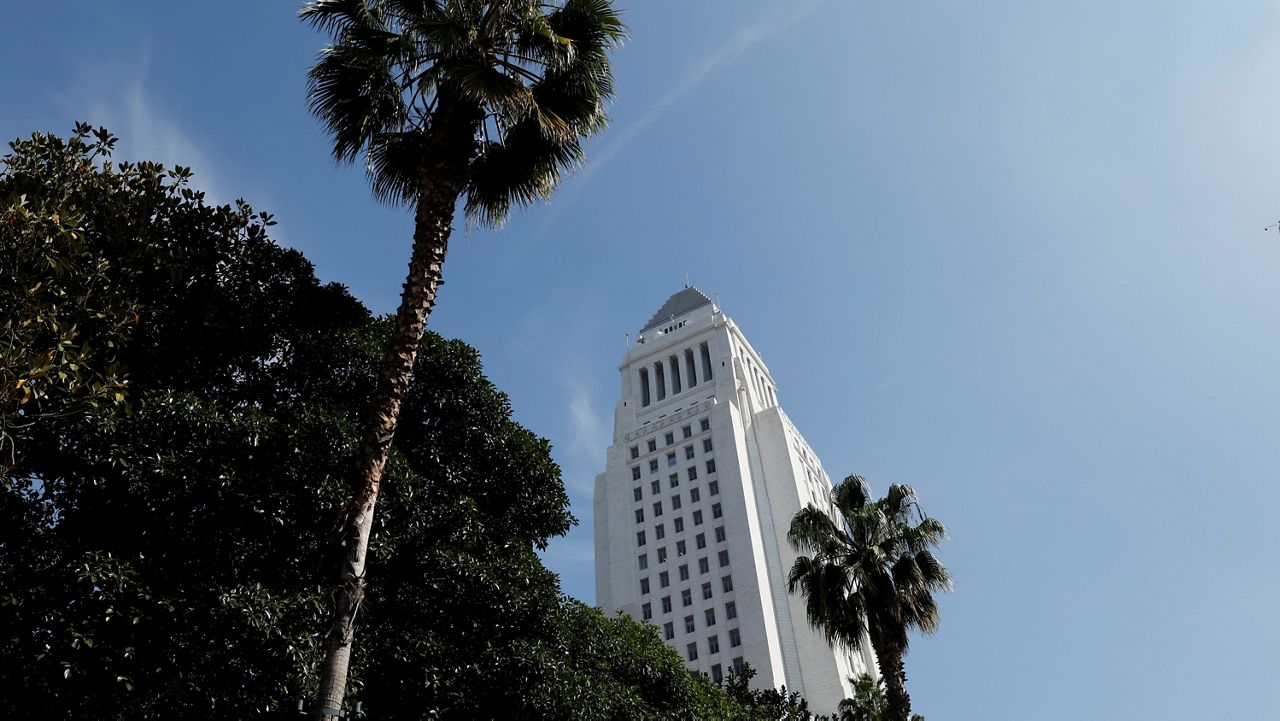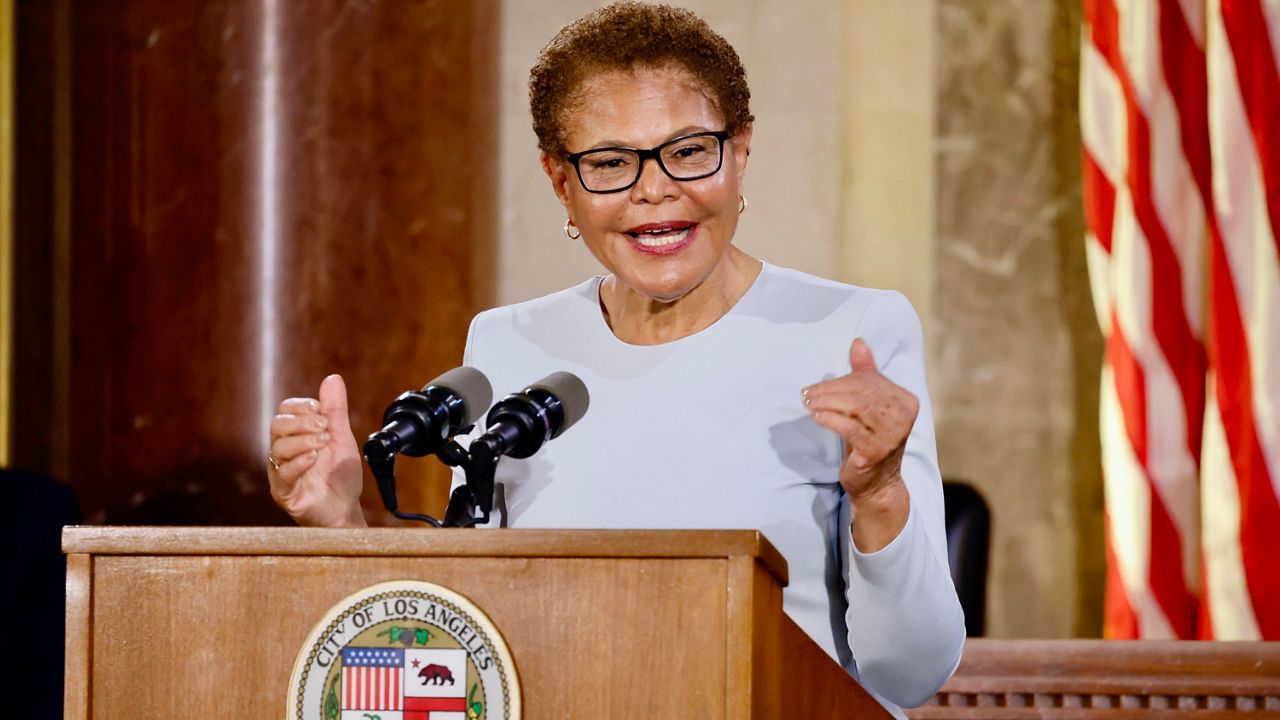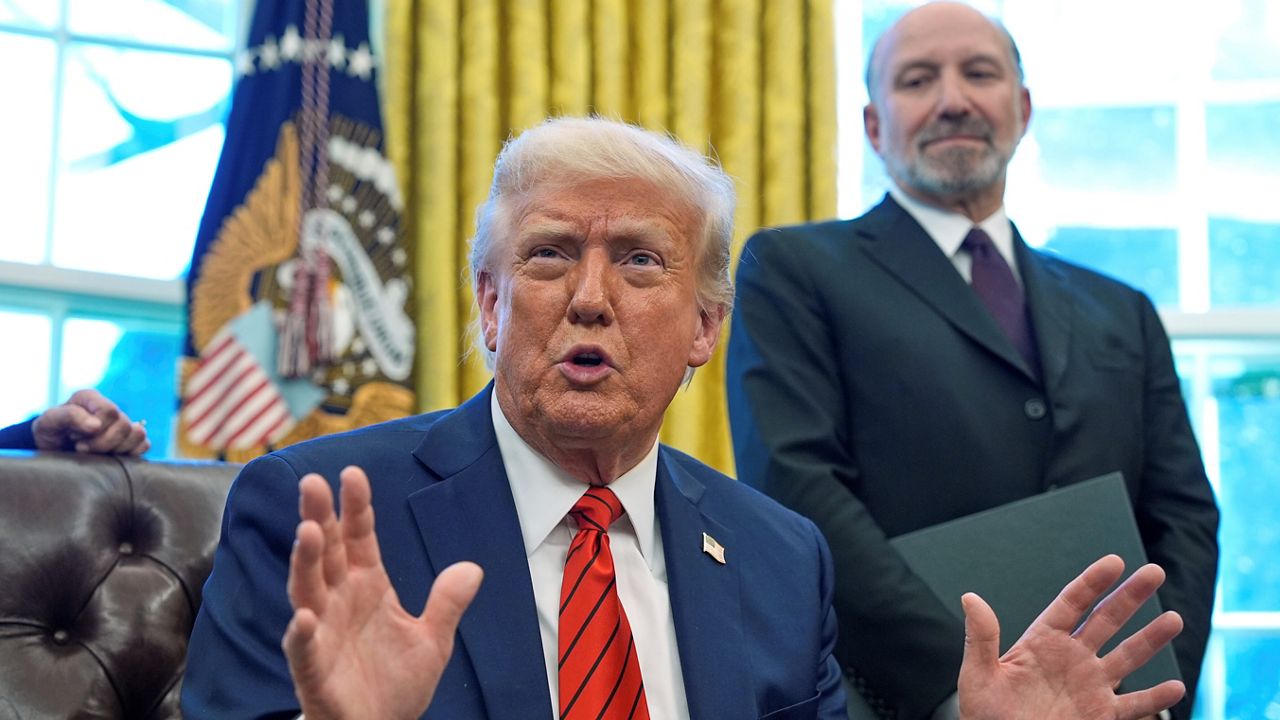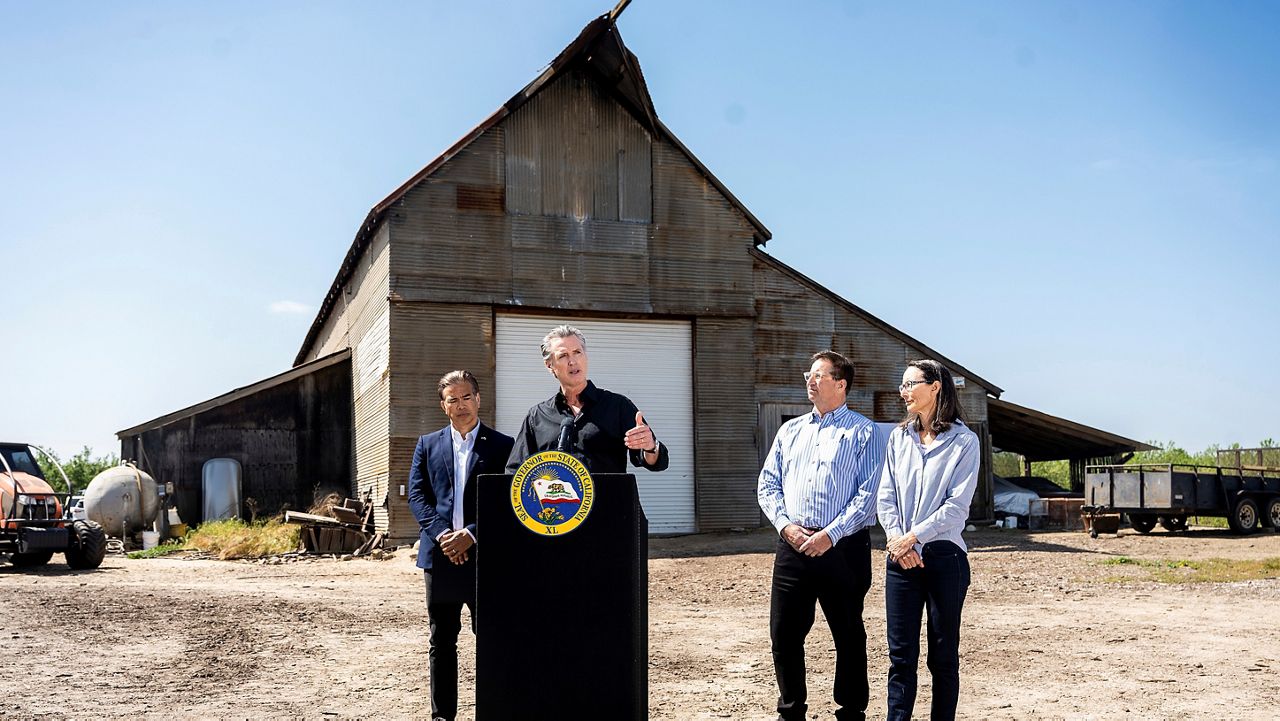Vice President Kamala Harris and former president Donald Trump are set to debate in Philadelphia Tuesday night. Their only scheduled debate takes place less than two months from Election Day with a new national poll from "The New York Times" and "Siena College" showing the race for president essentially tied.
The survey of likely voters has Trump leading Harris by one-point — though the margin of error is "plus or minus" 2.8%.
Paul Mitchell, vice president of Political Data Inc., who joined host Amrit Singh on "Inside the Issues" said that when an election is tied nationally, Democrats have an Electoral College disadvantage.
"You could have them win California by millions of votes and then lose electoral votes from a state like Arizona by 15,000 or something and that could switch an election," Mitchell said.
He added that most experts don’t see Harris winning without winning Pennsylvania.
"The fact is, is that if Kamala Harris does not win Pennsylvania, there is still a path, but that path would require her to win states like Georgia, North Carolina, Arizona and Nevada. In that kind of scenario, she would still win the electoral votes necessary, but the easier path would be for her to win in Pennsylvania where the polling essentially is still within the margin of error."
The NYT/Siena poll also found more than one-quarter of likely voters said they needed to know more about Harris's policy opinions, compared to 9% for Trump. Historically, debates don’t make a big difference. However, Tuesday's debate gives Harris that opportunity.
"If the headlines coming out of this debate for Kamala Harris are that she belittled Trump and won points on these different issues making her look bad, that's less beneficial than if the message coming out of this debate is that she defined herself and that she talked about policies and that she gave people a reason to vote for her."
Let Inside the Issues know your thoughts and watch Monday through Friday at 7 and 10 p.m. on Spectrum News 1.








